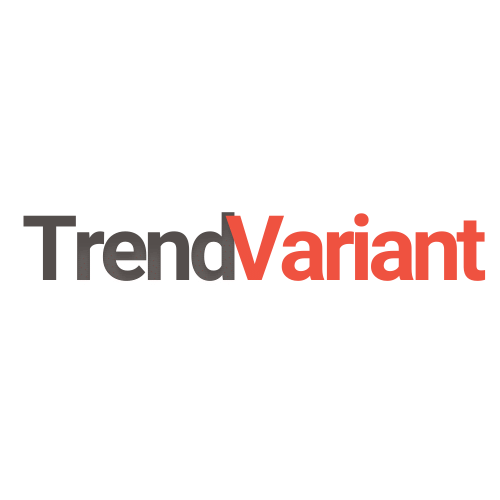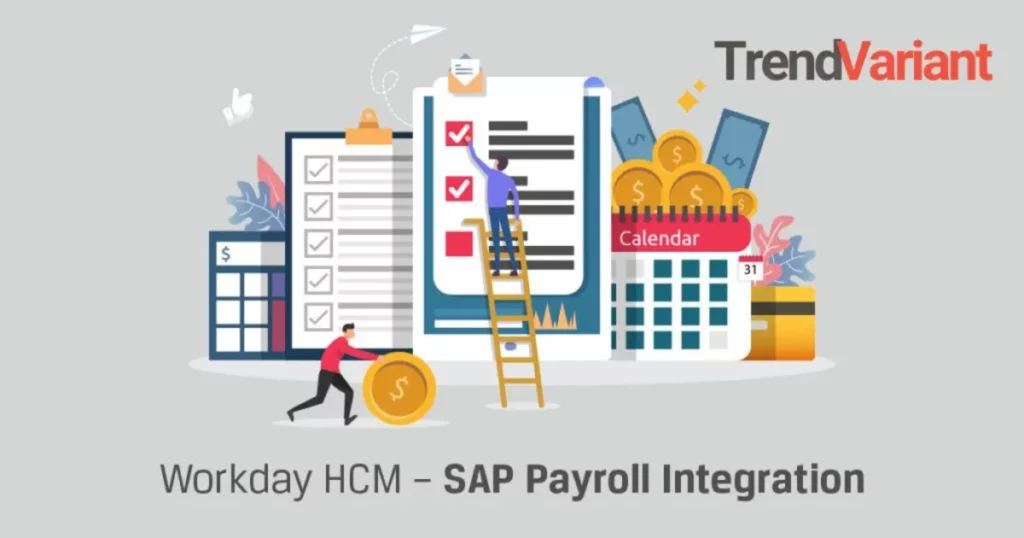Table of Contents
Unlock your team’s potential with an all-in-one HCM suite that connects your HR, payroll, talent management, and scheduling tools for a complete view of employees. This can improve decision-making and help your team stay compliant with regulations. As you attend demos, make a list of questions to ask to ensure the solution meets your business needs. For example, if your main pain point is a manual process, you want to transform.
Identify Your Needs by HCM
Your company’s success relies on your workforce, so the right human capital management tools are critical for recruiting and retaining talent. HCM software solutions automate manual processes and provide a single platform for employee records, document management, payroll, etc. Identifying your needs is an essential step before evaluating software options. It will help you create a clear business case for the project and ensure that your investment is aligned with your goals. Many organizations mistakenly think any HCM software will do the trick, but this could not be further from the truth. While many HR systems offer similar functionality, it’s essential to identify what features your organization requires and how they can best support your objectives. For example, if you’re a behavioral health company that must track licensing and credentials, a standard HR system will likely not be well-suited for your needs. Instead, you might need a unique solution to integrate your existing systems and workflows. Similarly, you might require a solution that can identify the most critical skills gaps in your workforce and recommend training to fill those gaps. Or consider a tool that can help with succession planning by analyzing data on your current HiPos and predicting their future needs.

Understand Your Requirements
Your company’s people are the heart of your operations, and meeting business goals becomes infinitely more difficult without the right tools. Human capital management software (HCM) helps organizations manage and cater to employees’ needs by offering capabilities that support HR strategies and activities. When looking for HCM tools, it’s essential to identify your specific requirements and choose a fit tool. For example, if you plan to use an HCM platform for talent acquisition, it should have features that help you track applicant tracking and the entire recruitment process. It should also have robust employee profiles that are updated in real-time, and you should be able to access this information from all system modules. For workforce management, look for a tool with functionalities like PTO management and automated reporting. Consider a tool with contingent workforce management functionality, allowing you to record details about non-core employees such as freelancers and contractors. Lastly, it’s helpful to have tools that help you keep your employees happy and engaged, such as an employee milestone tracker.
Evaluate Your Options
Once you have a clear idea of your HR needs, it’s time to evaluate your options. This process can be intimidating, mainly when many solutions exist. However, it’s essential to take the time to thoroughly research your options before making a decision. This will ensure you select an HCM system that meets your business’s unique needs. You should also ensure that your chosen solution will meet your scalability requirements. A flexible system will handle your company’s growth without breaking a sweat. This will help to ensure that your software does not limit you in the future. Another thing to look for is a solution that allows you to create and customize workflows for your HR processes. This will help streamline your processes and ensure all employees follow the same procedures. Additionally, the system should have analytics built in that will provide insight into how your processes are performing and identify any areas where compliance issues may have occurred. When evaluating potential vendors, running a rigorous demo process is essential. This will allow you to see the system in action and ask questions. Before each demo, preparing a list of questions you would like the vendor to address is helpful. This will help you stay focused during the demo and ensure your needs are addressed.
Make the Right Decision
Identifying and understanding your requirements is essential when selecting HCM tools for your business. It’s also important to know what the different vendors have to offer. While it’s tempting to go with the cheapest tool out there, choosing one that doesn’t meet your needs could cost you more in the long run. In addition, it’s essential to think about scalability. While investing in an HCM solution that can expand your company may be costly, having the flexibility to grow into the future will save you money in the long run. HCM solutions streamline manual HR processes so managers can focus on strategy rather than day-to-day tasks. This allows businesses to ensure that they are attracting and retaining top talent, which ultimately helps them achieve lasting success. To help you select the right solution for your business, running a rigorous demo process with potential vendors and preparing a list of questions ahead of time is essential. This will help you stay focused during the demo and get the needed information. Once you’ve shortlisted a few vendors, checking how the software integrates with existing systems, such as your general ledger, ERP, or payroll systems, is essential.
You May Also Read
You may also read the latest articles on our website TrendVariant to stay updated.










